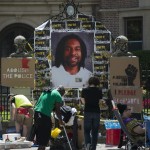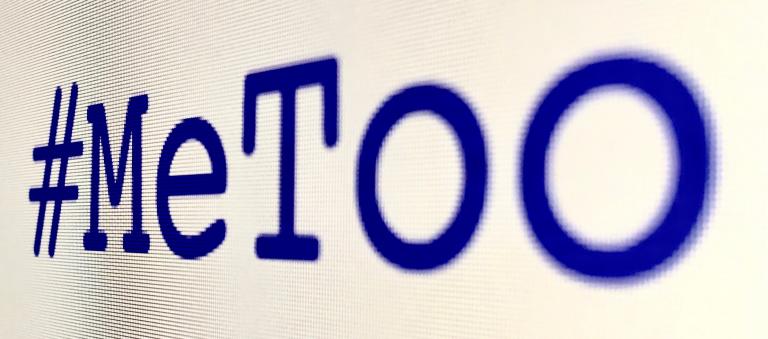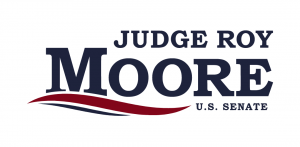On June 14, I posted a status on Facebook confessing my lack of a daily devotional life (reading the bible and praying). Over time, it felt like a waste of precious time when I could be reading more relevant/urgent things – like how to dismantle racism- and I didn’t want to feel outdated. Christians are always saying “we need to be leading the way in X,Y, or Z” (which is, by the way, problematic).
Sadly, because of my experience with many evangelicals, I confused devotional life with distraction from human suffering. Yet I can’t shake the deep desire to contemplate (prayer) and meditate on God’s word, let it shape my imagination, and YES, actually- distract me sometimes. I miss that part of me, not in some nostalgic sense. I haven’t matured past devotionals. However, I sense that I’ve allowed many evangelicals to ruin something special with the Lord I have/once had. The status I wrote solicited comments I found to be mostly platitudinous and unhelpful. I’m not, on principle, dismissive of platitudinous statements. Many can be true. But when they’re substantively rhetorical, they can become problematic. True statements must be true in the concrete.
I’ve never contented myself with the response “you need both,” referring to prayer and actions. For starters, it’s substantively rhetorical. When Dr. Larycia Hawkins displayed her gesture of solidarity with Muslims, many people were shouting “You need both theological clarity and compassion!” which was always a way to cover their bend towards the former. People who shout “you need both” never practice both equally and always assume they do. But more importantly, the bible doesn’t place equal weight on both personal piety and action. Does not Amos make clear the Lord’s primary concern for ethics?
I hate, I despise your feast days, and I will not smell in your solemn assemblies. Though ye offer me burnt offerings and your meat offerings, I will not accept them: neither will I regard the peace offerings of your fat beasts. Take thou away from me the noise of thy songs; for I will not hear the melody of thy viols. But let judgment run down as waters, and righteousness as a mighty stream. (Amos 5)
The Jewish mystic, Abraham Joshua Heschel, says it this way:
“The prophet knew that religion could distort what the Lord demanded of [humanity], that priests themselves had committed perjury by bearing false witness, condoning violence, tolerating hatred, calling for ceremonies instead of bursting forth with wrath and indignation at cruelty, deceit, idolatry, and violence…. Worship preceded or followed by evil acts becomes an absurdity. The holy place is doomed when people indulge in unholy deeds.” (The Prophets, 13)
The Biblical tradition gives preference for deeds. Yet today, many treat prayer and scripture reading as the sin qua non of Christian life. Since our individual acts of piety often cause us to self-aggrandize, we must give preference to the righteous life. However, this doesn’t render devotional life obsolete. I continue my humble meditations as gifts of someone who wants to continue wrestling with God and a life worth living.
Matt Vega is a R3 Contributor
Donate to the Work of R3
Like the work we do at Rhetoric Race and Religion? Please consider helping us continue to do this work. All donations are tax-deductible through Gifts of Life Ministries/G’Life Outreach, a 501(c)(3) tax exempt organization, and our fiscal sponsor. Any donation helps. Just click here to support our work.
 by Matt Vega
by Matt Vega















